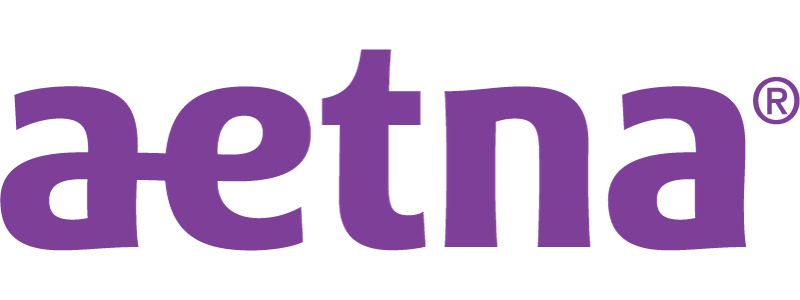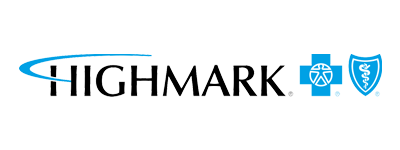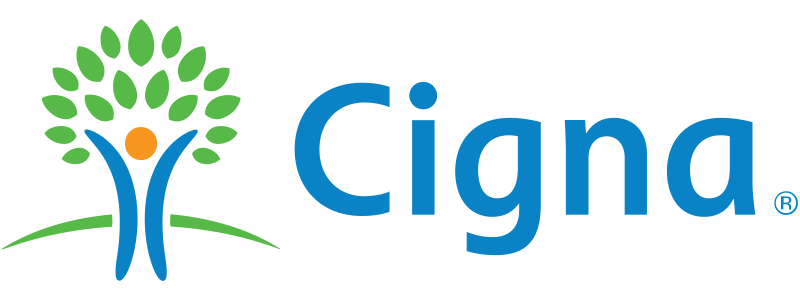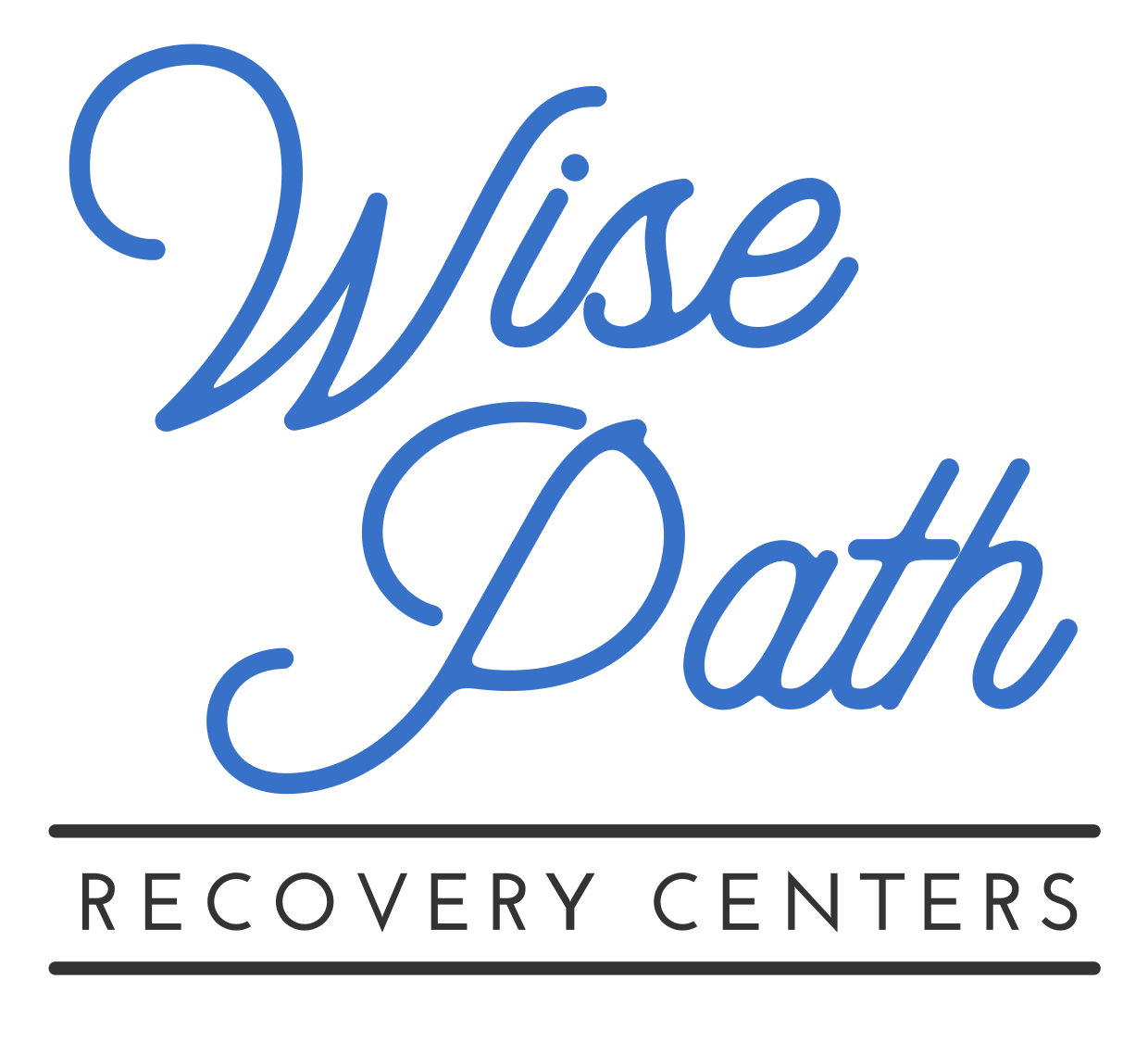Wise Path Recovery Centers ™
STIMULANT USE DISORDER TREATMENT IN WEST VIRGINIA
What Is Stimulant Use Disorder?
More than 10 million people aged 12 or older misused central nervous system (CNS) stimulants in the past year, according to the 2020 National Survey on Drug Use and Health (NSDUH) conducted by the Substance Abuse and Mental Health Services Administration (SAMHSA).
Stimulant use disorder is a type of substance use disorder that involves the compulsive use of stimulant drugs, such as cocaine, methamphetamine, and prescription stimulants or amphetamines, like Adderall, Dexedrine and Vyvanse, as well as methylphenidate also known as Ritalin, Concerta, and Daytrana. Stimulant abuse is characterized by a persistent pattern of stimulant use, even when it causes significant harm to a person’s physical, mental, or social health.
Stimulant drugs work by increasing the levels of dopamine in the brain, a neurotransmitter that is involved in pleasure and reward. When a person uses a stimulant drug, it causes a surge of dopamine to flood the brain, leading to feelings of euphoria and heightened alertness. However, with repeated use, the brain can become less sensitive to dopamine, leading the person to seek out higher and higher doses of the drug to achieve the same effects.
People with stimulant use disorder may engage in drug-seeking behavior, such as spending large amounts of time and money obtaining and using the drug, neglecting important responsibilities, or continuing to use the drug despite negative consequences. Over time, regular stimulant abuse can lead to changes in the brain and body, causing both physical and psychological dependence.
It is important to note that recovery from stimulant use disorder is a long-term process that requires ongoing support and care. With the help of trained professionals at Wise Path Recovery Centers™ and a strong support network, individuals with stimulant use disorder can successfully recover and achieve long-term sobriety.

Signs of Stimulant Use Disorder
Stimulant use disorder is characterized by an inability to control stimulant use despite negative consequences. Signs include intense cravings, needing higher doses to feel the same effects, and experiencing withdrawal symptoms like fatigue or depression when not using. People may also struggle with mood swings, financial or legal issues, and neglecting personal or professional responsibilities. In severe cases, stimulant addiction can lead to paranoia, hallucinations, or dangerous health complications like heart problems.
Benefits of Treatment for Stimulant Use Disorder
Seeking treatment for stimulant use disorder in West Virginia can lead to improved mental and physical health, better relationships, and a greater sense of stability. Therapy helps individuals develop coping strategies, address underlying mental health conditions, and rebuild their lives without relying on stimulants. Medical support can ease withdrawal symptoms and reduce the risk of relapse, making recovery more manageable. Over time, people who undergo treatment often experience increased energy, emotional balance, and a renewed sense of purpose.

How Do We Diagnose Stimulant Abuse?
When diagnosing stimulant addiction, healthcare professionals may use the Diagnostic and Statistical Manual of Mental Disorders (DSM) to determine the presence of symptoms. The symptoms of stimulant addiction can vary depending on the specific drug being used, the severity of the addiction, and the individual’s unique circumstances. However, the DSM highlights some common symptoms of stimulant abuse that may be used for diagnosis.
These symptoms may include:
Cravings for the drug
Continued use despite negative consequences, such as deteriorating health and relationships
Withdrawal symptoms, such as fatigue, depression, anxiety, and strong drug cravings.
Tolerance/feeling the need to increase usage and dosage for an effect
Difficulty controlling drug use
Neglecting responsibilities, such as work and school obligations
Financial problems
Social isolation
Health problems that can arise from use, such as heart disease, respiratory problems, anxiety, and depression.
It’s important to note that the presence of one or more of these symptoms does not necessarily mean a person has a stimulant addiction. A professional evaluation by the clinicians at Wise Path Recovery Centers™ allows us to diagnose stimulant abuse.
How Do We Treat Stimulant Abuse?
Wise Path Recovery Centers ™ specializes in providing assistance to individuals struggling with stimulant abuse. Our team of clinicians understands that each client’s journey towards recovery is unique and requires a personalized approach.
We start by conducting a holistic assessment of each client, considering their medical history, personal circumstances, and any co-occurring mental health disorders. Based on this evaluation, our clinicians develop a personalized treatment plan that is tailored to the specific needs of the individual.
Our treatment services include detox and residential treatment, intensive outpatient programs, and outpatient programs. For clients who have completed treatment but still need support, we also offer sober living housing.
At Wise Path Recovery Centers™, we are committed to providing our clients with the tools and support they need to overcome stimulant addiction and achieve lasting recovery. Our personalized approach to treatment ensures that each client receives the care and attention they need to succeed.
View Our Locations
Currently, we offer inpatient treatment programs in Morgantown, WV, as well as outpatient programs in Charleston and Morgantown, WV. We also have sober living homes in Columbus, IN. Give us a call at 866-860-9772 to get prescreened and assessed for the treatment program that will best meet your needs.
We Accept Most Major Insurance Carriers
Once you’ve submitted the verification form, feel free to contact us if you have any questions about insurance or payment options. The team at our center for stimulant use disorder in West Virginia is here to assist you and ensure you have the information you need for a smooth admissions process.









FAQs About Stimulant Use Disorder
What are the symptoms of stimulant intoxication?
Symptoms include increased heart rate, high energy, decreased appetite, paranoia, and risky behavior. In severe cases, it can cause agitation, hallucinations, or heart problems.
What does addiction to stimulants look like?
It often involves compulsive use despite negative consequences, cravings, and an inability to stop. People may experience mood swings, have financial problems, or neglect responsibilities.
What causes stimulant addiction?
Addiction develops due to changes in brain chemistry, genetics, mental health conditions, or environmental influences. Regular use increases tolerance, leading to dependence and withdrawal symptoms.
What are the long-term effects of stimulant use?
Chronic stimulant use can lead to heart disease, anxiety, paranoia, memory problems, and severe dental issues. It may also cause mood disorders and cognitive impairment.
Can stimulant addiction be treated?
Yes, stimulant addiction can be treated through therapy, behavioral interventions, and, in some cases, medications to manage withdrawal symptoms. Well Path Recovery provides comprehensive treatment programs that include professional support, counseling, and personalized recovery plans. Support groups and lifestyle changes also play a vital role in achieving long-term recovery.
What are the withdrawal symptoms of stimulants?
Withdrawal symptoms include fatigue, depression, increased appetite, and intense cravings. Some people may also experience anxiety, irritability, or difficulty concentrating.
Are prescription stimulants addictive?
Yes, medications like Adderall or Ritalin can be addictive if misused. Taking them in higher doses or without a prescription increases the risk of dependence.
How can I help a loved one with stimulant addiction?
Encourage them to seek professional help and offer emotional support without enabling their substance use. Educate yourself about addiction and consider joining a support group for families. If you’re looking for treatment options for a loved one with stimulant use disorder in West Virginia, Wise Path Recovery offers detox and residential treatment, intensive outpatient programs, and outpatient programs all designed to help clients achieve lasting recovery.
What increases the risk of developing stimulant use disorder?
Genetics, mental health conditions, peer pressure, and early exposure to drug use can increase the risk. High-stress environments and untreated ADHD or depression also contribute.
Can stimulant addiction be prevented?
Education on the risks, healthy coping strategies, and responsible prescription use can reduce the likelihood of addiction. Strong social support and early intervention also help prevent substance misuse.
